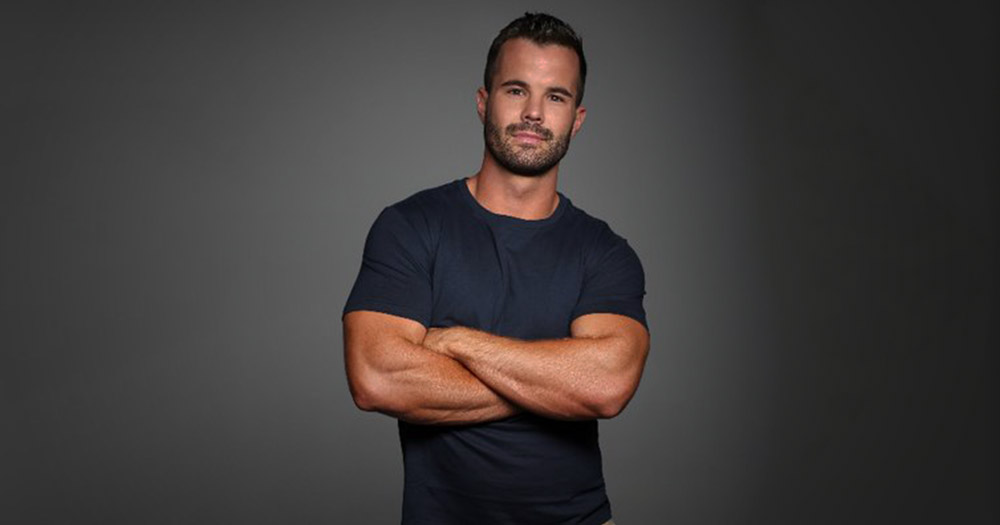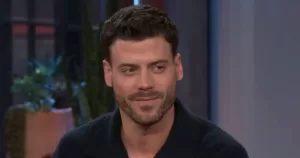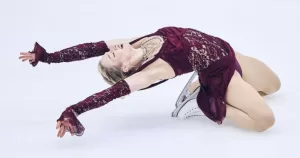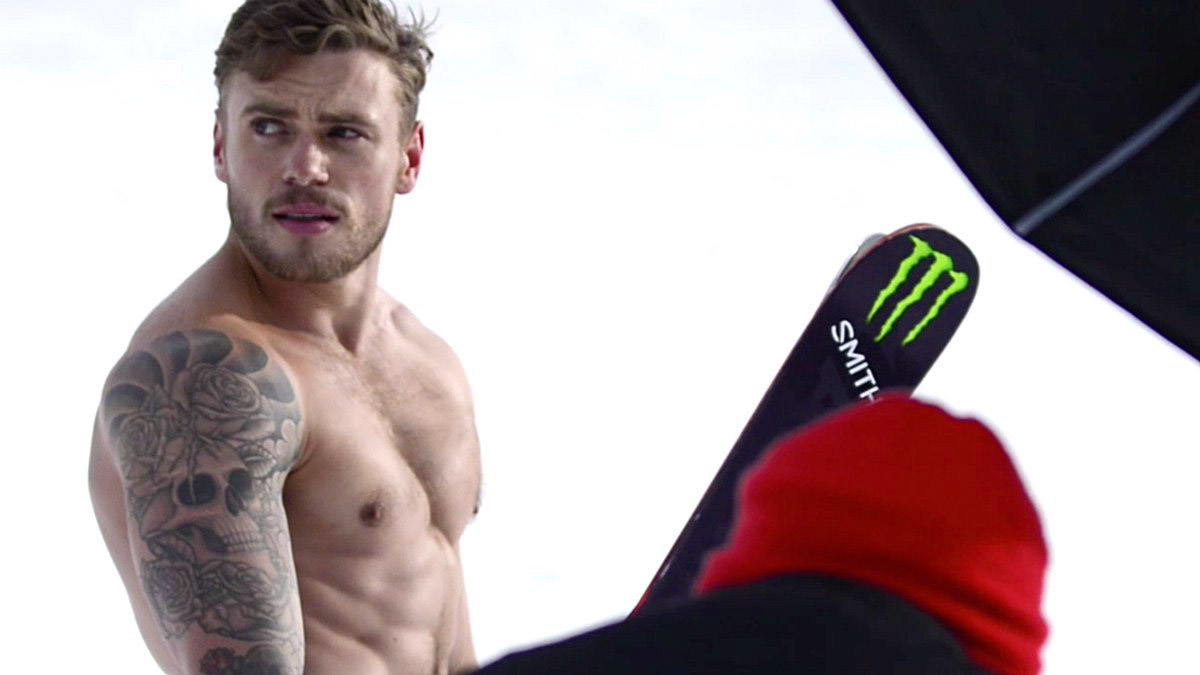The homophobia that pervades the world of sports is insidious, widespread and continues to be extremely difficult to dispel. It rears its ugly head frequently, whether in the homophobic slurs that Irish football fans chanted in France last year or the latent homophobia on the pitch amongst football players that Stephen Byrne charted in the TV documentary Playing Straight.
That homophobia is present in sport is undeniable. But Australian sportsman Simon Dunn recently declared that it is “selfish” of the gay community to expect athletes to come out of the closet. Dunn had come out before entering into the world of professional bobsleighing, so he’s got first-hand experience of the extent to which a gay sportsman might face homophobia in the professional sphere.
“I myself was already out when I joined the Australian team, but from my own experiences I can understand why someone wouldn’t come out, let alone someone earning and risking millions of pounds,” Dunn said.
https://www.instagram.com/p/BTwAo3cgpWD
“Everybody’s coming out is personal and in their own time.
“It is selfish for our community to expect someone to do it because of their public profile. Given the sporting culture, coming out could seriously affect their career.”
While Dunn’s concern for the financial success and personal comfort of LGBT+ sportspeople is a valid one, we need only look at our community’s struggle across the globe to put a little perspective on Dunn’s way of thinking.
Take Russia for instance, where being out and being an LGBT+ advocate in public could land you on the wrong side of the law. Thanks to Putin’s 2013 anti-gay propaganda law, promoting ‘non-traditional sexual predispositions’ carries the risk of being arrested and fined, making it incredibly difficult to advance LGBT+ rights in Russia. But still, LGBT+ activists persevere in Russia, like those who were arrested protesting Chechnya’s ongoing anti-gay purge, despite the risk to their own liberty.
Looking closer to home, five years before homosexuality was decriminalised in 1993 the founders of GCN risked their safety and reputations when they began charting Irish queer history by launching Gay Community News. In February 1988, the first issue of GCN was published by Tonie Walsh and Catherine Glendon to give a voice to our community at a time when mainstream media wouldn’t.
There needs to be LGBT+ athletes willing to carve a path for themselves in a predominantly heterosexual and homophobic industry like sport.
These mavericks added to the framework of the existing LGBT+ rights movement and contributed to same-sex marriage being legalised two years ago. If they had let their fears stop them, we might be living in a very different society. Thankfully, they persevered in their advocacy and we live in an Ireland where a gay man can become Taoiseach (even if his policies and ideologies do not line up with a large portion of our community’s).
If athletes want to work in an industry free of homophobia where LGBT+ people are treated with respect and compassion, then here is an unfortunate home-truth for Simon Dunn: There needs to be LGBT+ athletes willing to carve a path for themselves in a predominantly heterosexual and homophobic industry like sport. It is not ‘selfish’ of the gay community to want a better world for their queer family in expecting LGBT+ players to come out. I believe it is selfish for people to prioritise their own financial success and career over the creation of a more equal society, as Dunn seems to be advocating.
The Oxford English dictionary confirms my belief, defining the word selfish as follows:
“lacking consideration for others; concerned chiefly with one’s own personal profit or pleasure”
To help create a world in which LGBT+ people are treated equally in sports, we need athletes who will rise to the challenge, risk their own financial success and come out to quash any homophobia in the sporting world for good.
With increased LGBT+ visibility in recent years with the likes of Tom Daley and Gus Kenworthy coming out, we’ve already got the first brave few willing to risk their professional careers to help combat such a homophobic industry. I wonder who will be the next athlete to join them in helping the sporting world to overcome its deeply ingrained homophobia.
Do you think that LGBT+ athletes should come out and potentially risk their financial and professional success in an attempt to make the sporting world a more inclusive place? Or should they choose a (professionally) safer, closeted path? Let us know in the comments below.
© 2017 GCN (Gay Community News). All rights reserved.




